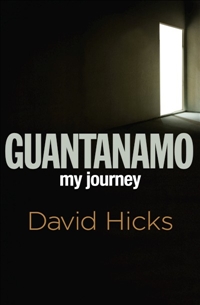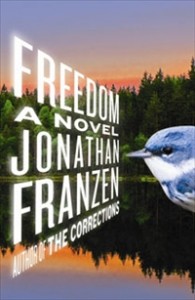 Some pretty stunning ideas on ebooks from a US researcher James McQuivey. He thinks ebook sales will reach US$3 billion by 2015 (up from $966 million this year). The idea is more people will get e-reading devices, then they will buy more and more of their books digitally. (The current figure is e-reader owners buy 41% of their books digitally). At the $3 billion mark, he says, there will be a tipping point and “not only do publishers need to take digital seriously—they must make it the new default for publishing, preparing for a day in which physical book publishing is an adjunct activity that supports the digital publishing business.” Full article here.
Some pretty stunning ideas on ebooks from a US researcher James McQuivey. He thinks ebook sales will reach US$3 billion by 2015 (up from $966 million this year). The idea is more people will get e-reading devices, then they will buy more and more of their books digitally. (The current figure is e-reader owners buy 41% of their books digitally). At the $3 billion mark, he says, there will be a tipping point and “not only do publishers need to take digital seriously—they must make it the new default for publishing, preparing for a day in which physical book publishing is an adjunct activity that supports the digital publishing business.” Full article here.
I note that new Australian titles like the David Hicks’ book Guantanamo: My Journey and John Howard’s Lazarus Rising are now available on publication as ebooks but prices vary significantly. The Howard book you can get for $20 at Borders but it costs $33 through iBooks ($60 hardcover).
I had to laugh at Sydney Morning Herald journalist Stephen Hutcheon’s outrage at the idiosyncratically limited range of titles available as ebooks here. “The big problem with Amazon is that shopping for books – which ought to be a serendipitous experience – in fact turns out to be an exercise in frustration.” Yup, that’s what we’ve been saying for a year. “There doesn’t seem to be any pattern to why some books are available for Australian users and others aren’t.” Uh ha. As for the new iBook store, there are not enough new release titles, he says, and those that are available are expensive (when compared with US ebook prices).
Yes. We still have a long way to go. See Stephen Hutcheon’s article here.
I’ve also stumbled upon a website called Oz-E-Books which does a round-up of articles and info on ebooks in Australia.


